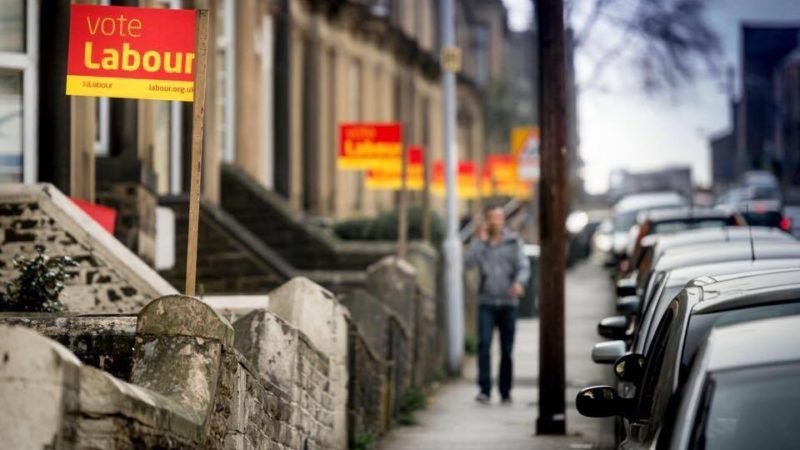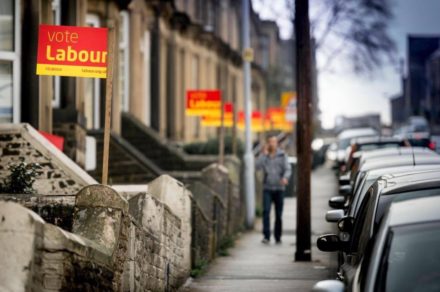

Labour party supporters are divided on whether the party should be for the workers or a broader agenda on delivering fairness.
When questioned on what the party should stand for, 47 per cent of Labour supporters said “fairness for all” and 33 per cent opted for a workers’ party. An additional eight per cent thought its purpose should be to overthrow capitalism.
When the individual groups were broken down, the “fairness for all” group were likely to think favourably of immigration – with 62 per cent having a positive opinion whereas the “workers’ party” group were most supportive of the opposite, with 63 per cent thinking that immigration has had a bad effect on the country. There were similar divides on human rights law and the European Union, with the fairness group thinking that both were positive, and the opposite for the workers’ party group with Brexit proving popular.
Welfare spending is similarly divisive – 47 per cent of the workers’ party group think that benefits are too easy to get and go to those who are undeserving. However, the “fairness for all” had 42 per cent thinking that benefits should be easier to get, with only 28 per cent thinking they’re too easy to get.
At the last general election, only 51 per cent of people who think that Labour should be a workers’ party actually voted for the party, while 62 per cent of the fairness group voted Labour. Based on current voting intentions, that would drop to 44 per cent and 52 per cent respectively.
The YouGov polling involved people who either vote Labour now or who had at the last three elections, or who identified themselves as Labour.
There were class elements to the two differing groups – with AB, upper middle and middle class, voters more likely to favour the “fairness for all” party by 59 per cent whereas DE, working class and those not working, voters more likely to favour the workers’ party option. Although this is less overwhelming – with 39 per cent support for that option and 36 per cent support for a fairness for all party.
University education is also a divider, with 42 per cent of supporters of “fairness for all” having degrees, in contrast to 23 per cent of workers’ party supporters. A third of “fairness for all” supporters read a broadsheet newspaper and only 13 per cent of workers’ party supporters do.
The poll also showed that voters’ identification with a political strand is also a dividing factor, with 36 per cent of “workers’ party” Labour supporters describing themselves as left of centre, and 30 per cent not knowing whereas 61 per cent of “fairness for all” supporters identified as left of centre.



More from LabourList
Humza Yousaf woes deepen as Labour files no-confidence vote in government
‘History and poll leads suggest Labour can be bolder, even if it costs some votes’
Labour warned ‘ethical foreign policy’ inevitably sparks charge of ‘hypocrisy’